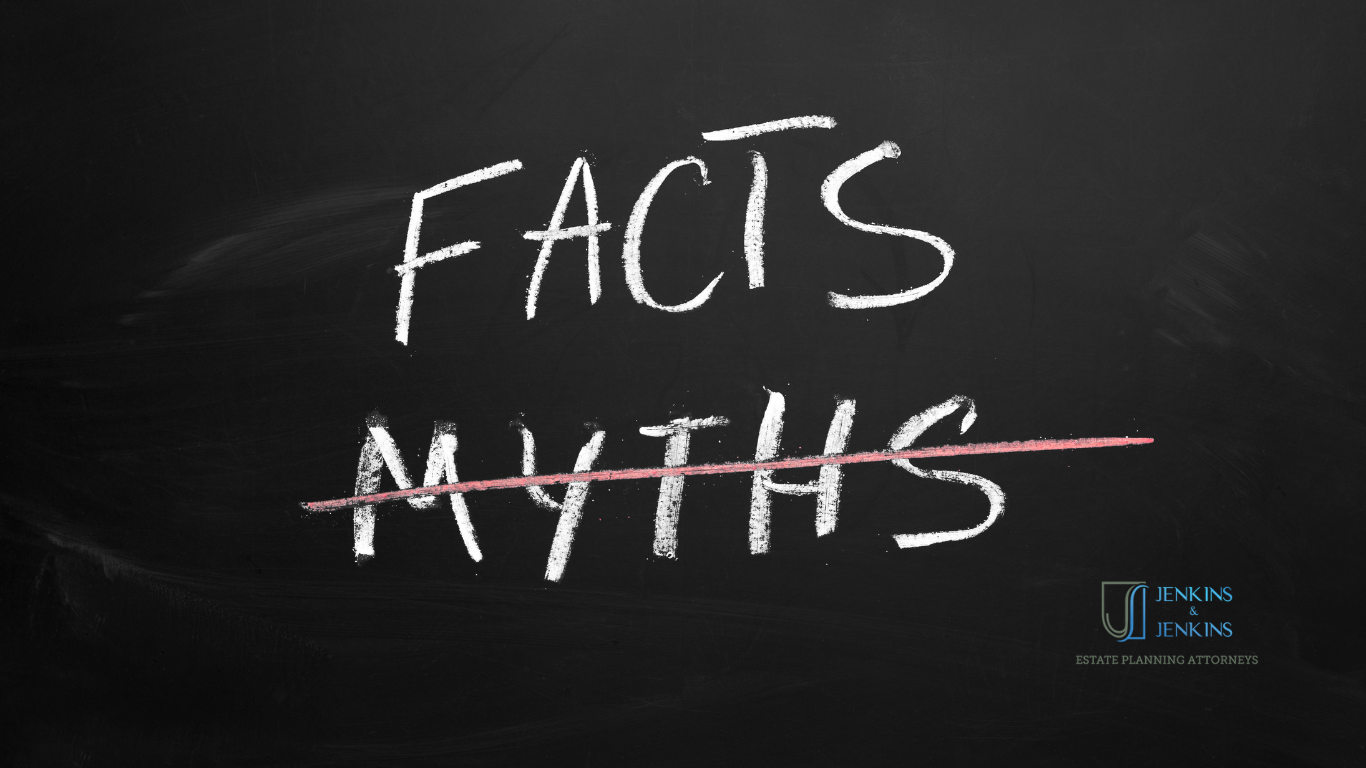When creating an estate plan, you typically name someone to fulfil your wishes after you pass away. Usually, you would select a family member or close friend – someone who’s dependable in overseeing your estate. They’ll perform different duties, such as managing estate assets, paying off debts, and filing taxes.
The person who settles your estate is known as either the “executor” or “administrator”, and their responsibilities are essentially the same. Our probate attorneys in San Diego want to discuss the differences between these two terms and explain why the distinction exists in the first place. Here’s what you need to know:
Executor vs Administrator
In estate planning, the administrator and executor are responsible for settling the deceased person’s estate. However, there is one key difference. In a Last Will & Testament, the executor is named, but in the absence of an estate plan, probate courts will appoint an administrator.
They Perform the Same Duties
When comparing the executor vs. administrator, always keep in mind that the roles are very much the same. The duties they perform include:
- Navigating the probate/estate administration process
- Settling debts and safeguarding assets
- Distributing assets to beneficiaries
- Protecting the best interests of the estate and beneficiaries
- Consulting with professionals on estate management issues
Keep in mind that no one can alter the decedent’s will, and if a breach occurs, you can always take legal action. Furthermore, you can remove an executor/administrator who fails to perform their essential duties.
More Differences Between Executor vs. Administrator
Some key differences exist in the scope of power the executor and administrator have. These variations mostly pertain to intestacy laws, which vary from state to state.
Virtually anyone can be the executor of an estate. However, in the absence of a will, probate courts typically name a priority surviving family member as the administrator. (Beneficiaries of someone’s estate can also be the executor or administrator.)
The courts also require administrators to provide additional information. This includes the family lineage that links them to the decedent and names other heirs. The administrator must also complete and submit paperwork during probate and petition the court when handling certain assets.
Does an Executor or Administrator have the Power of a Trustee?
Neither the executor nor administrator has power over a trust. Someone has to name them specifically as the trustee in the estate plan to grant that authority. A trustee also serves a different role – they manage/distribute assets and property within a trust. If you create an estate plan ahead of time that includes a living trust, you will name both a Trustee of the Trust and Executor of your Will, who will be the same person(s).
The Bottom Line on Estate Planning
Estate planning is essential for anyone who has a family. Your job is to prepare for the unexpected and protect your family in the event of a catastrophe. Naming an executor ultimately ensures that the right person manages your estate after you pass away. These are tough decisions to make, but they’re also necessary.
The experts at Jenkins & Jenkins in San Diego can answer any questions about how estate planning works throughout California. We’ll also explain all the responsibilities of an executor/administrator in greater detail. Our job is to help guide you through the process, so schedule an appointment today, and we can help you get started.







